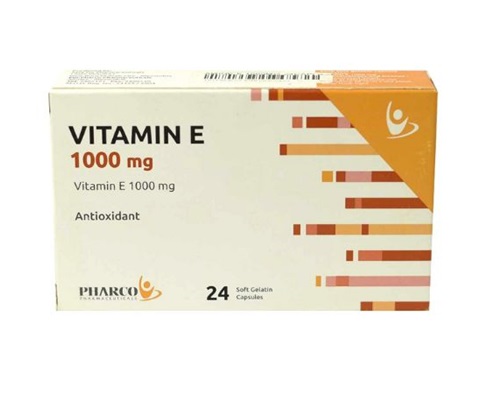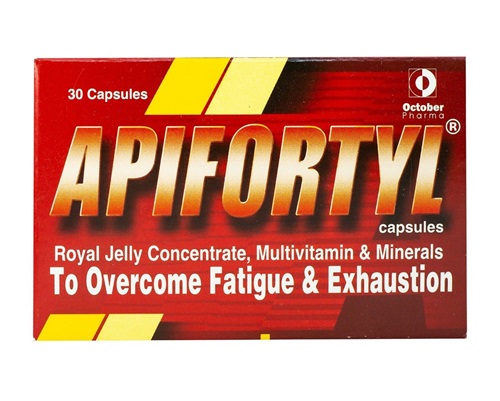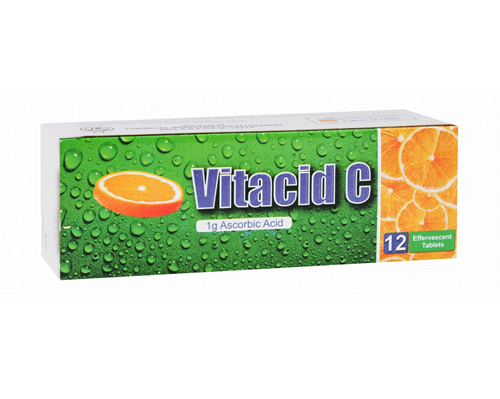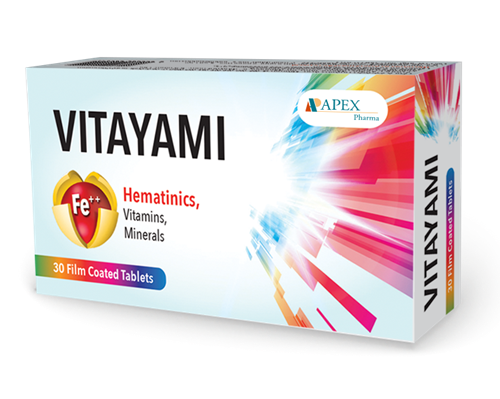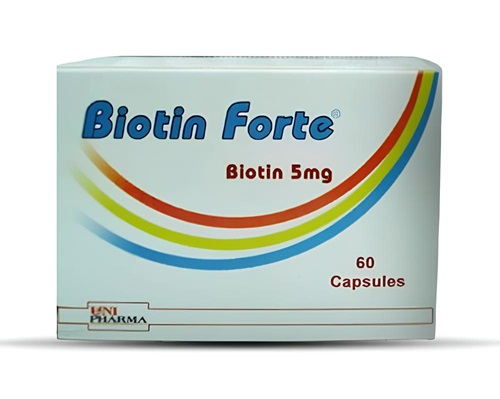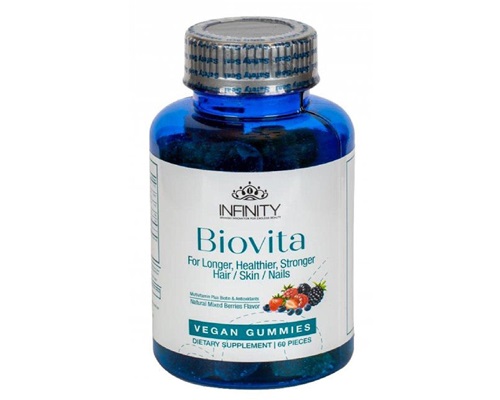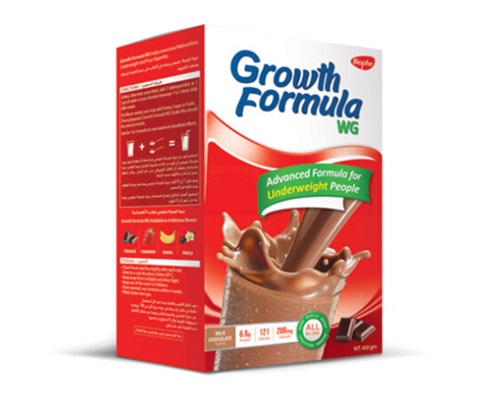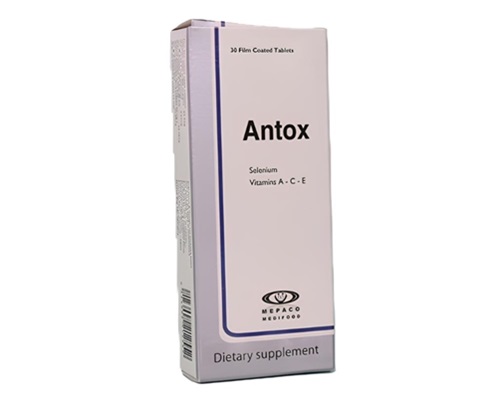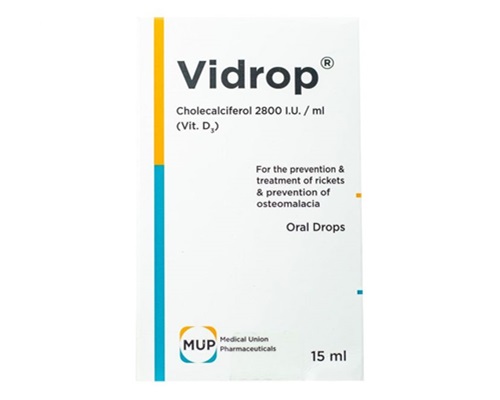Description
Trade name:
Vitamin E
Compound:
Each capsule contains:
Vitamin E 400 mg
Properties:
Vitamin E is considered one of the most important vitamins. Many of its actions are related to its antioxidant properties. Vitamin E is a fat-soluble vitamin that prevents the oxidation of polyunsaturated fatty acids. It reacts with free radicals that cause oxidative damage to cell membranes without forming another free radical. Vitamin E protects red blood cells from hemolysis. Protection from oxygen radical damage is important for the development and maintenance of nerve and muscle function.
Indications:
Diseases associated with free radical-induced pathology, such as:
– Cystic fibrosis and arthritic tissue damage.
– Chronic cholestasis.
– Some hemolytic anemias.
– IHD.
– Atherosclerosis.
Method of administration and dosage:
1 capsule one or more times daily, depending on the condition or as directed by a physician.
Contraindications:
childhood;
hypersensitivity to the components of the drug.
Use with caution in patients with severe cardiosclerosis, myocardial infarction, with an increased risk of thromboembolism; hypoprothrombinemia caused by vitamin K deficiency may be aggravated by the use of vitamin E in a dose of more than 400 IU (1 mg = 1.21 IU).
Precautions:
In hereditary bullous epidermolysis, white hair may begin to grow in areas affected by alopecia.
Vitamin K deficiency in the body, causing hypoprothrombinemia, may be aggravated by the use of vitamin E in high doses (more than 400 IU/day).
Vitamin E enhances the effect of anticoagulants if the doses exceed 400 IU/day. In order to avoid its overdose, it is not recommended to take other vitamin complexes containing vitamin E at the same time.
Effect on the ability to drive vehicles and operate machinery: Taking the drug does not affect the ability to drive vehicles or operate machinery.
Side effects:
As a rule, when used in recommended doses, no side effects are observed.
From the immune system: allergic reactions.
From the digestive system: diarrhea, nausea, gastralgia.
From the metabolism: hypercreatininuria, increased activity of CPK, increased cholesterol concentration in the blood serum.
From the cardiovascular system: thrombophlebitis, pulmonary embolism.
Storage method:
Store at a temperature not exceeding 30 degrees, away from light. Keep out of reach of children.

